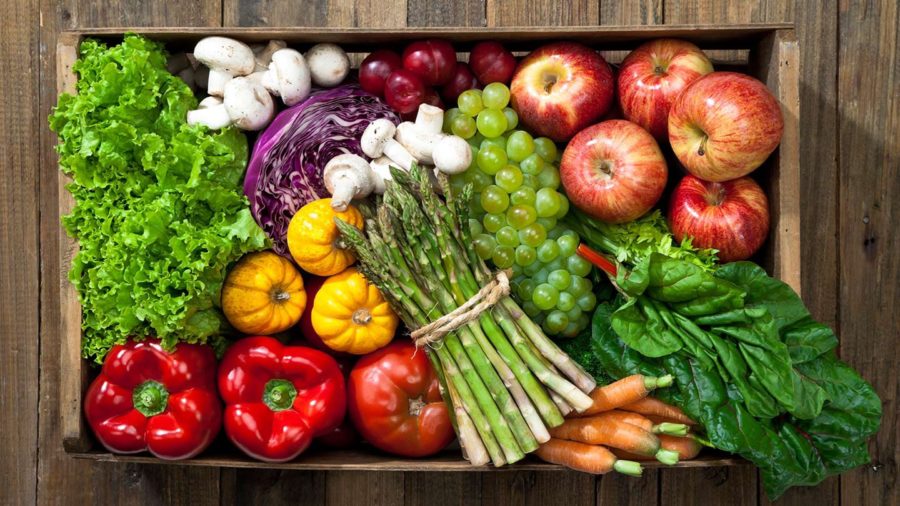One of the various forms of austerities in which Hindus engage to attain maximum spiritual benefits is the vrat or fast. This discipline is an essential ingredient for physical and inner purification, self-control and the acquisition of positive qualities.
Before performing puja, devotees abstain from interdicted food and drink. Devotees may also undertake a dedicated vrat for other reasons such as mitigating the effects of negative circumstances. The type of vrat that is undertaken depends on the health condition of the individual. Whether the physical intake is water, fruits, sweets or saltless food, the most important criterion is the devotee’s spirit of sacrifice.
When one undergoes a conscientious fast, one rises beyond the twenty-four upaadhis or limitations of the body. These limitations are the five organs of knowledge, five organs of action, the three qualities of rajas (materialism, activity), tamas (sluggishness) and sattva (truth, purity), the five elements (air, ether, earth, fire and wind) and the six tastes (sweet, sour, bitter, salty, pungent and astringent). These conditions establish a relationship between the body, the mind and the outer world. By going beyond these limitations, humans can raise their awareness to a higher state of consciousness.
Physical purification can best be attained by mitaahaaraa, diet control and fasting. Fasting, through physical and mental self-denial, strengthens self-control and leads to purity of mind. Control of the palate contributes significantly to self-purification. More often than not, food is eaten for taste and not nutrition. However, the sacrifice one makes to control eating helps one to transcend the six lower tastes. These tastes are: bitter, salty, astringent, pungent, sour and sweet. Rising above these, one can attain the highest taste in puja, which is param-ras, the supreme taste.
In this process of purification by transcending the lower tastes, Hinduism recommends the abstention of tamasic (interdicted foods, alcoholic beverages) and rajasic (bitter, spicy) foods. The fast from interdicted food and drink should be carried out for at least three weeks if preparations are being made for puja.
On the other hand, sattvic foods (fresh, natural, bland foods) are recommended for daily consumption and moreso, for fasting. According to the Bhagavad Gita, sattvic food induces purification of thought, self-control and the removal of inner negativities. Such food is usually sweet, plain or bland and promotes longevity, intelligence, physical and mental health and happiness. It is often said that humans are products of our thoughts and thoughts depend on the type of food eaten. A sattvic diet is conducive to positive thoughts and ideal for our mind-set in preparation for puja.
Other benefits of fasting include:
- It is a form of sacrifice that results in the exhaustion of karma or actions, resulting in a more purified individual.
- Fasting and worship develops in the aspirant a peaceful mind, a state of tranquillity and a positive attitude. It helps to eradicate vices, subdue demonic qualities and control negative qualities such as anger, hate and greed. Any tendency towards irritability and nervousness is reduced and calmness of mind is experienced by denying oneself of stimulants such as spicy foods and caffeinated drinks. Furthermore, a saltless diet permits one to develop a peaceful mind and a state of tranquility.
- Fasting has been proven to be a prominent factor in intensifying prayer. Spiritual aspirants have discovered that abstaining from salt not only frees one to focus upon God with renewed vigour but also opens avenues of spiritual perception and understanding. It draws one closer to the Divine.
In essence, the physical denial of the needs of the palate is necessary and beneficial to advance our spiritual goals. The vrat manifests the positive values inherent within us and cultivates those virtues that will facilitate our intellectual and spiritual evolution.



